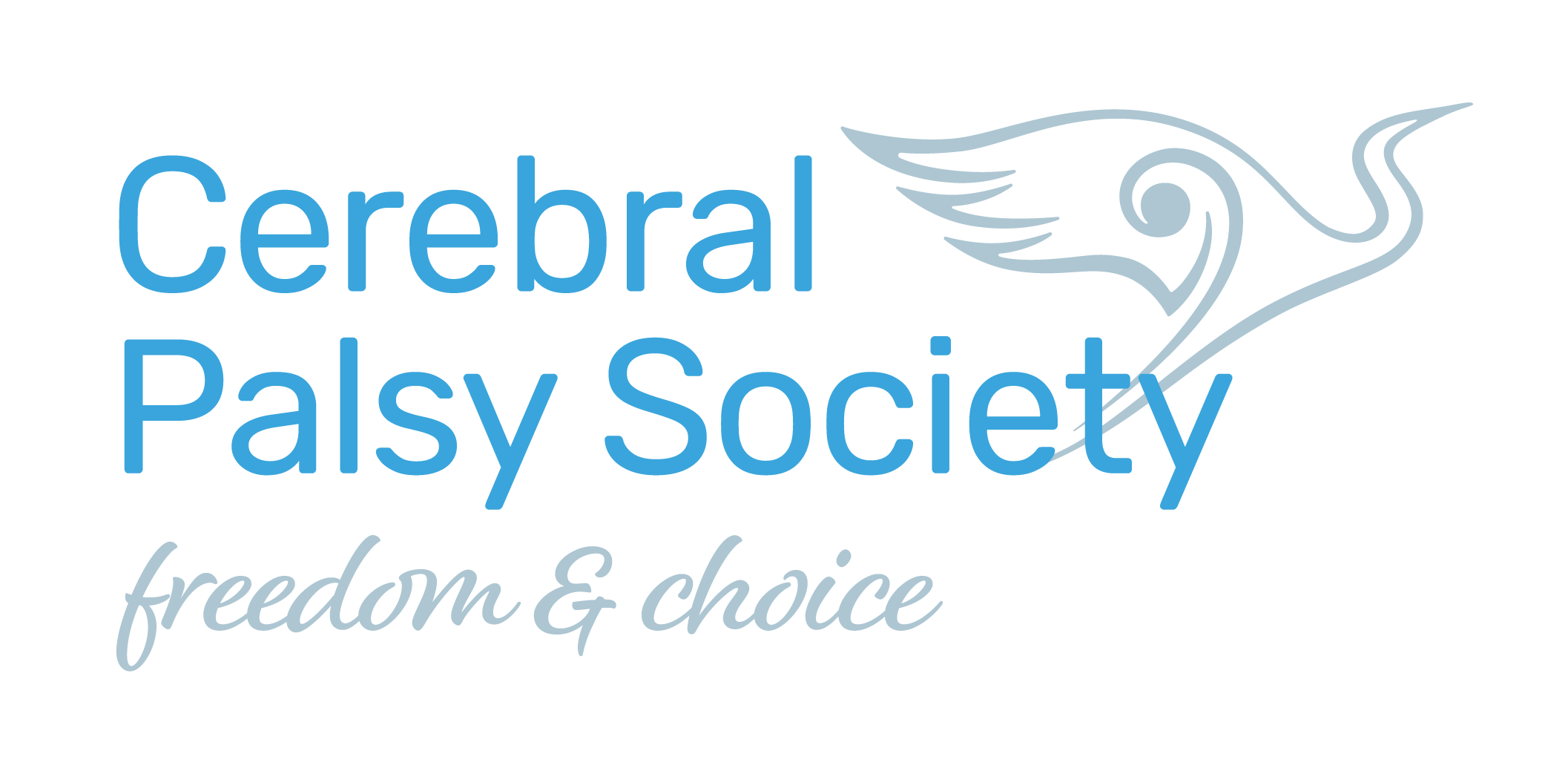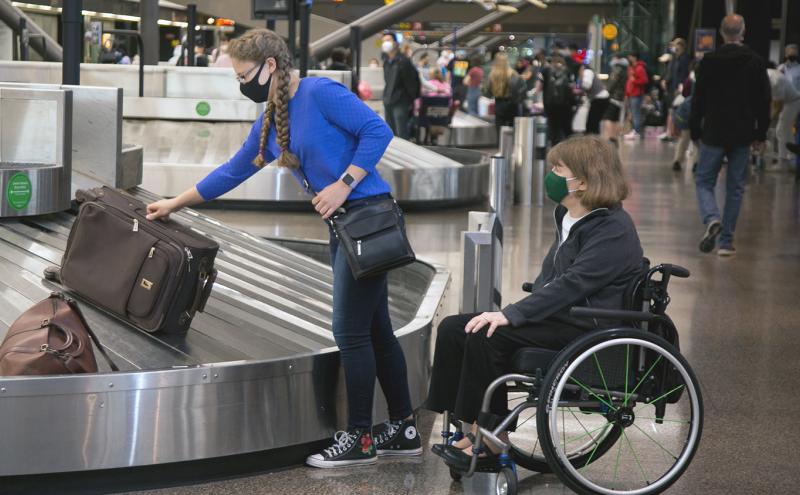Our Members - Their Stories
Travelling with a disability
24 Mar 2023
Travelling, especially overseas, is seen as a rite of passage for many New Zealanders, writes Amy Hogan.
With the restrictions from the Covid-19 pandemic continuing to ease, people are considering different travel options.
As with most things, living with a disability can present some unique challenges when travelling.
Cerebral Palsy is a condition that can require logistical considerations when it comes to equipment, resources, and caregiving.
While we hear from some members that they just make travel work whatever the circumstance is, with a bit of luck, some number 8 wire, and a Kiwi attitude, others ask us about tips for travelling.
In this article, we have put some advice and insights together based on our experience and what members have told us in the past.
We are keen to hear from anyone in the community who would like to add their input, especially when it comes to specific types or levels of Cerebral Palsy.
If you have any tips or travel experiences you would like to share, feel free to contact me directly at amy@cpsociety.org.nz.
General Disability Travel Tips
- Assistance counter – It’s a good idea to let the airline know ahead of time if you have any access needs e.g., difficulty walking for long distances. Most airports have an assistance counter dedicated to travelers with different or specific needs.
- List of support – Not everyone is a fan of making lists, or following them for that matter. But it can be useful to put together a list of “disability-related things” for travel. E.g., extra equipment for wheelchair, medication, transfer support such as non-slip rugs, and other items related to your care needs.
- Rest periods – Travelling can be unexpectedly tiring as well as fun. Your body is being asked to do things that may exacerbate discomfort, e.g., sitting in cars for long hours or flying. Therefore, it can be a good idea to work in rest breaks when you can.
- Stamina – Have an idea of what your good and bad days look like. Your ability to travel or your travel itineraries may look different on these days.
- Weather and environment – Especially if you are travelling outside of New Zealand, have an idea of what the local temperature is like. E.g., extreme hot, cold, or humidity can have an impact on both the body and equipment such as cobblestones in villages can be slippery.
- Preserving energy – You want your energy levels to last the whole trip, so having some smaller days can be useful.
- Equipment measurements – If you are travelling with mobility devices such as a wheelchair or scooter, measure the height, width, and length as well as an approximation of the weight. Airlines will frequently ask this information.
- Specific accommodation needs – When considering accommodation, ask about your specific needs including if you don’t have a “standard” wheelchair. Often, places will claim to be accessible, but they haven’t considered all the aspects of different disabilities.
- Equipment alternatives – Nobody wants to plan for things to go wrong, but it could be a good idea to know if the town or region you’re staying in has things like wheelchair rentals or mobility taxis in case you need to change plans.
- Equipment documentation – There are times when airline crew or ground staff do not recognise equipment especially if it has a power source. As a failsafe for things like battery packs, print off the travel certificate that the supplier provides.
- Country-specific elements – Different countries and regions have different expectations when it comes to disability and caregiving. Therefore, it can be useful to consider the requirements for staying longer term, e.g., if you want to work in the country.
- Information list – Depending on where a person is going, having a brief written explanation of the disability and emergency contacts can make things easier if you get sick or require help unexpectedly.
- Insurance and disability – Can be complex but it is worth looking into the particulars of travel insurance and medical cover with particular conditions as it may provide peace of mind if the unexpected happens.
- Flight add ons – Can be useful for disability when it comes to transporting mobility or medical equipment, e.g. extra luggage. A list of these can be found on most airline websites.
* Amy Hogan is the Cerebral Palsy Society’s Researcher and Member Support Advisor, and a member of the Society.
For more information:
Melanie Louden
Communications Manager
melanie@cpsociety.org.nz
Mobile: 022 087 8191



